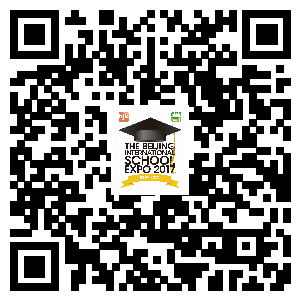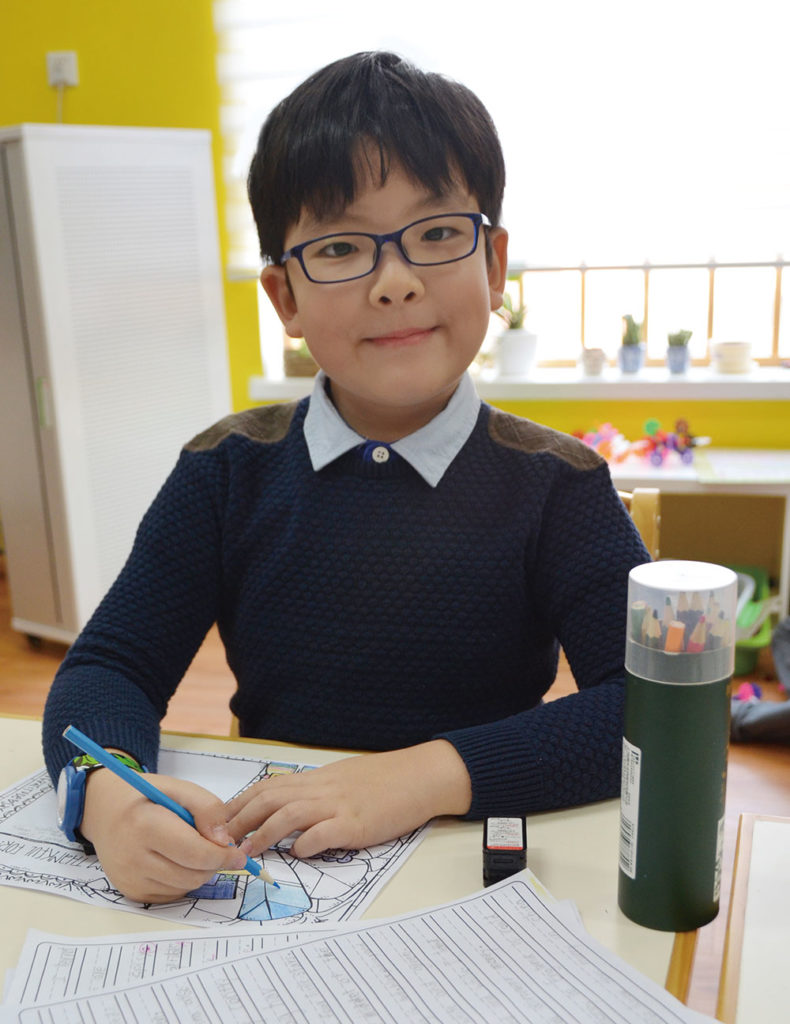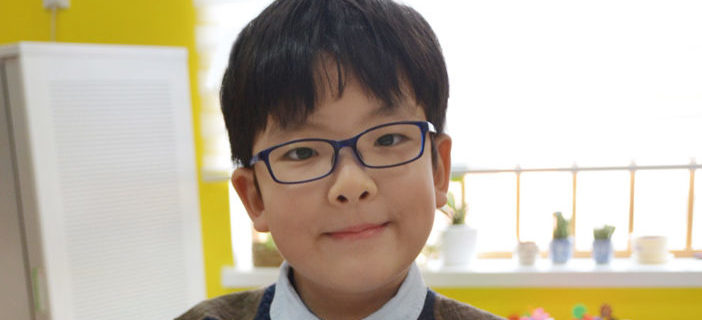[Editor’s Note: To meet schools featured in the School Choice Guide, register for the free Beijing International School Expo, where you can save time, energy, and money in you school comparisons. Scan the QR code below.]

The International Primary Curriculum (IPC) is a comprehensive, thematic, creative curriculum for 3-12 year olds, with a clear process of learning and with specific learning goals for every subject, for international mindedness and for personal learning. House of Knowledge told us more about it.
What’s unique about the curriculum?
The IPC:
• has explicit international learning goals and an international section in each unit
• makes international connections and develops international learning throughout every unit
• celebrates similarity as well as difference, helping children develop a sense of their own identity alongside an understanding of the identity of others
• explores every unit from Host and Home country perspectives, developing an understanding of the independence and interdependence of peoples, countries, and cultures
• ensures children develop the skills and mindset to become global citizens who make active, positive contributions to society
How is it applied?
The IPC has over 130 units or learning topics which cut across traditional subject boundaries. Each unit begins with an “Entry Point” designed to engage the students’ interest. This is followed by a “Knowledge Harvest” used by students to gather what they already know and make connections with previous learning. The next stage is “Explaining the Theme” which gives children and parents the “Big Picture.” Children then carry out independent learning under “Research and Recording” before reporting back for the “Exit Point.”
Why should parents consider it?
The IPC has been designed to ensure rigorous learning but also to help teachers make all learning exciting, active, and meaningful for children. Learning with the IPC takes a global approach; helping children to connect their learning to where they are living now as well as looking at the learning from the perspective of other people in other countries.
How well does this education system prepare students for the real world?
The IPC develops all the skills students will need in order to confidently face the world of tomorrow by focusing on a combination of academic, personal and international learning. It allows students to enjoy their learning; develop enquiring minds, develop the personal qualities they need to be good citizens of the world, and develop a sense of their own nationality and culture, at the same time develop a profound respect for the nationalities and cultures of others.
Where is it offered?
BCAIS, House of Knowledge, Keystone

Curriculum Spotlight: Emerson Zhou, age 7, attends House of Knowledge.
What was the most interesting project you have completed so far this year?
I really like the project called “Different Places, Similar Lives” because it is about different countries and people who really are a little bit the same. We may have different hair and skin, eat different foods but we still have same body and have to eat. I learnt about my classmates’ home countries like England, Malaysia, and Nigeria. We all had to research different facts about the countries like the flag, money, celebrations and culture. My favorite part of the project was trying foods from different countries; my favorite food was Malaysian as it was quite sweet. I think this was a good project because I lerned more about other cultures and it was interesting because everyone is different.
What was the most challenging thing?
I think the most challenging was at the end of the project, I had to collect all the information I learnt and write about it. I had to remember everything I had learnt and think about it, then write it all down. I did it three times before the final one I gave to the teacher, but I think it helped me to think about it all again and helped my writing.
This article originally appeared on page 8-9 of the 2017 issue of beijingkids School Choice Guide. Click here for your free online copy. To find out how you can obtain a hard copy, contact distribution@truerun.com.
Photo: HOK

